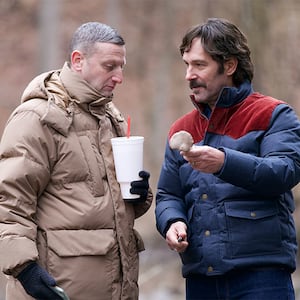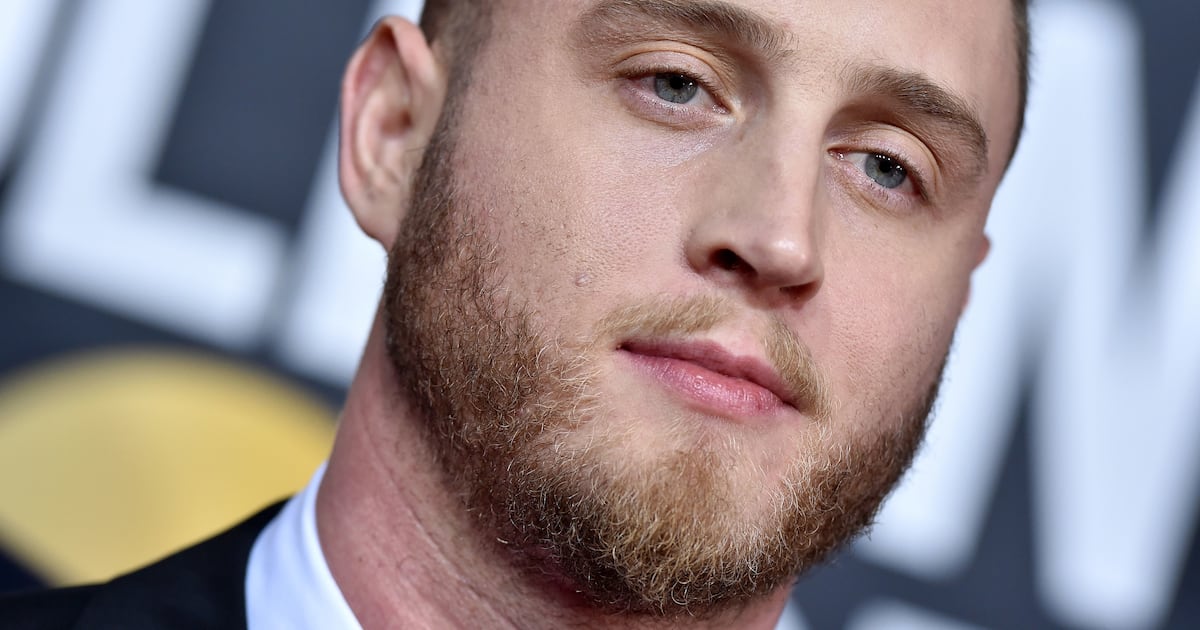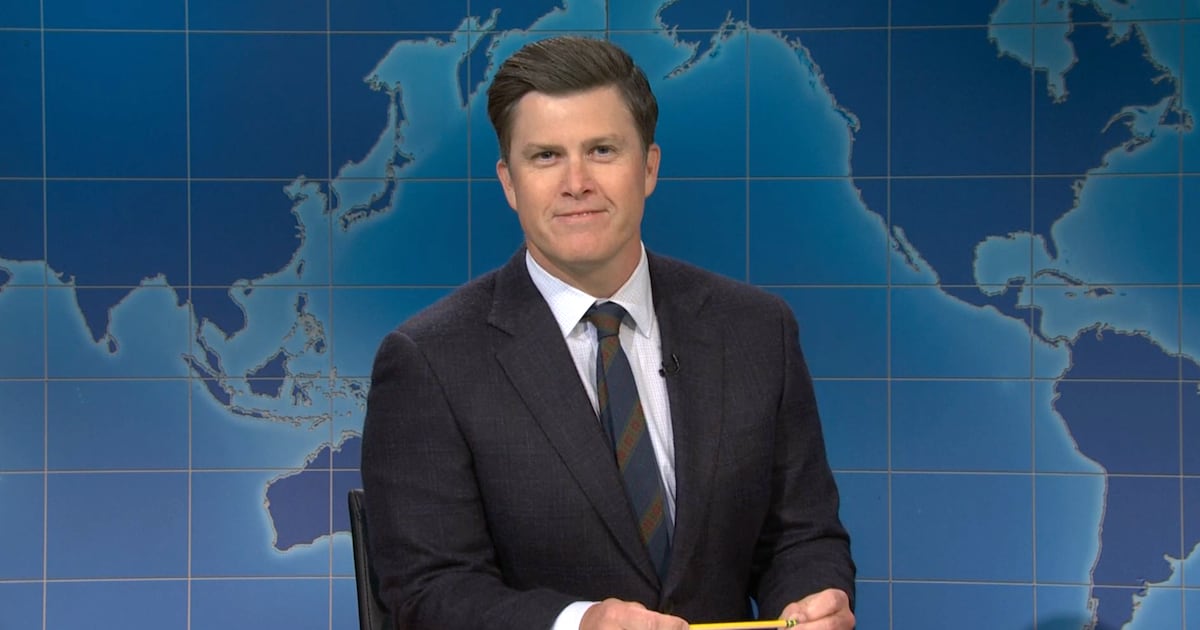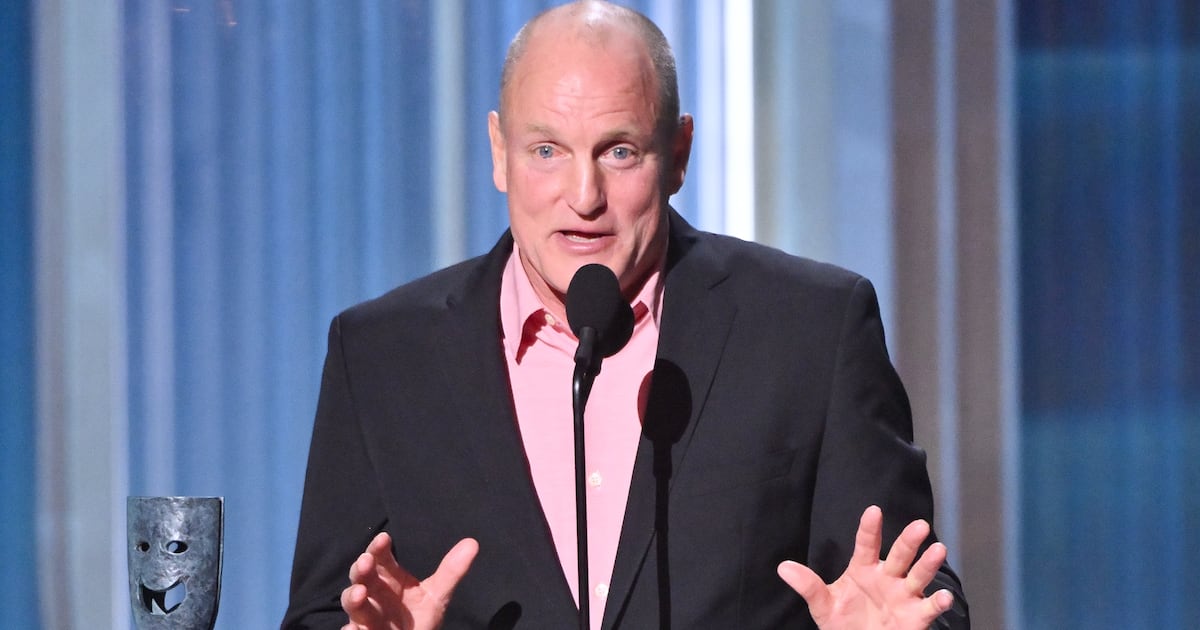TORONTO, Canada—The Return is full of big classical themes: devotion, guilt, responsibility, jealousy, atonement, and longing. What it delivers that’s unique, however, is the sight of an incredibly ripped Ralph Fiennes slaughtering villainous scoundrels with a blade and bow and arrow.
Once again proving that he’s one of cinema’s most versatile and adventurous actors, Fiennes assumes the role of Homer’s epic hero Odysseus in Uberto Pasolini’s retelling of the Odyssey, whose slow-burn pace adds tremendous heft to its drama and builds intense anticipation for its climax, in which its celebrated headliner erupts with a ferocity that’s breathtaking in its steeliness, its swiftness and—most affecting of all—its sadness.
Written by Pasolini, John Collee, and Edward Bond, The Return (premiering at the Toronto International Film Festival) isn’t hung up on fidelity; only focused on a particular section of its source material, its prime concern is capturing the profound weightiness of its characters’ dilemmas, choices and actions.
Many years after the fall of Troy, Queen Penelope (Juliette Binoche) continues to wait for the return of her husband Odysseus, whose wartime triumph is now the stuff of legend. All is not well, though, on Penelope’s home island of Ithaca. Poverty and hunger run rampant, Odysseus’ son Telemachus (Charlie Plummer) has been unable to assume the mantle of the father he never knew, and a collection of suitors have set up shop around the palace, determined to force Penelope to choose a new spouse.
Of those wannabe kings, the most determined and cunning is Antinous (Marwan Kenzari), who has lost patience with a queen who spends her days weaving a shroud for Odysseus’ mad father. As this situation’s temperature nears its boiling point, Odysseus washes ashore, naked as the day he was born and so weak that he has to crawl his way off the beach and is completely incapable of fending off a dog owned by slave Eumaeus (Claudio Santamaria).
Despite assuming that this stranger is another dreamer intent on trying to win the queen’s hand in marriage, Eumaeus takes pity on Odysseus and nurses him back to health. Once conscious, Odysseus relays that he fought in the Trojan war, and around a campfire, he describes in harrowing detail the army’s use of the fabled Trojan Horse to gain access to the enemy’s stronghold. Realizing that the city could not be conquered, they chose the sole remaining option at their disposal: they “burned it to the ground and doused the flames with blood.”
Fiennes’ haunted visage and sorrowful voice illuminate the toll this military campaign took on his heart and soul, with the director’s close-ups capturing every small, telling shift in the actor’s expression. Odysseus is wracked by PTSD, yet in Fiennes’ hands, it resonates as something so deep and terrible that it takes on a mythic dimension.
Equally troubled is Penelope, whose pained solitude is exacerbated by the ramifications of her indecision and stasis, not simply with regards to Ithaca’s people and the brutes who covet the throne but also Telemachus, whose frustration with his mother stems from his conflicted feelings about his dad and the disrespect he’s shown by everyone else. Binoche suffers sensationally, her face a canvas streaked with anguish, loyalty, and resolve, and she serves as the drama’s stalwart second pillar.
Shot on location on a fittingly scraggly island, The Return feels immense, and Pasolini drenches his action in the natural sounds of his milieu. The crackling of fire, snapping of twigs, crunching of footsteps, and rustling of branches in the wind all cast an enveloping spell, as do the director’s panoramas of this harsh landscape and the tumultuous ocean that surrounds it, only traversable by makeshift rafts with unimpressive sails.
Despite taking place in a select few geographic areas, the film is aesthetically grand, and its understated majesty is enhanced by its use of both Rachael Portman’s rousing score and grave silence, whose oppressiveness is so great that the proceedings seem just about ready to buckle.
The Return takes its time getting to its crimson-stained centerpiece, and Fiennes’ protagonist is such a coiled, tortured survivor that his every step, gesture, and word reverberates with tremendous import. Never clothed in more than a robe so that his myriad scars glisten in the light, Odysseus is lost and afraid that he may never find his old self again, and that fear is what delays him from assuming his rightful place beside his beloved Penelope. Additionally holding him back is his uncertainty about his now-grown son Telemachus, whose bitterness, insecurity, and fury make him a powder keg on the verge of detonating.
With Antinous determined to murder Telemachus and compel Penelope to marry him, Odysseus finally chooses to make his move. Penelope, however, makes hers first, telling Antinous and his fellow rogues that she’ll wed the man who can accomplish her late husband’s illustrious feat: stringing his mighty bow and using it to shoot an arrow through the holes of twelve axe heads.
That turns out to be a task too tall for these losers, and Antinous views it as another of the monarch’s tricks. Nonetheless, Odysseus pulls off the seemingly impossible deed in an exhilarating sequence that’s galvanized by Pasolini’s methodical staging and Fiennes’ focused and forceful performance, which benefits from the 61-year-old actor’s astonishing bulging-vein physique.
The massacre that ensues is impressively vicious, and made more horrifying by the look of regret and grief in Odysseus’ eyes, some of it due the fact that Telemachus, in assuming his birthright, dooms himself to a life of carnage. In the wake of this bloodbath, what’s left is a dawning chasm between Penelope and Odysseus, reunited and yet separated by decades of trauma, tragedy, and terrible loneliness and sacrifice.
Nonetheless, the film is not without hope, and its lovely epilogue suggests that healing is possible through a careful, joint process of remembering and forgetting. As tender and somber as it is thrilling, The Return proves a sword-and-sandals saga rooted in life’s biggest issues, all of them written on the unforgettable countenance of its illustrious star.










